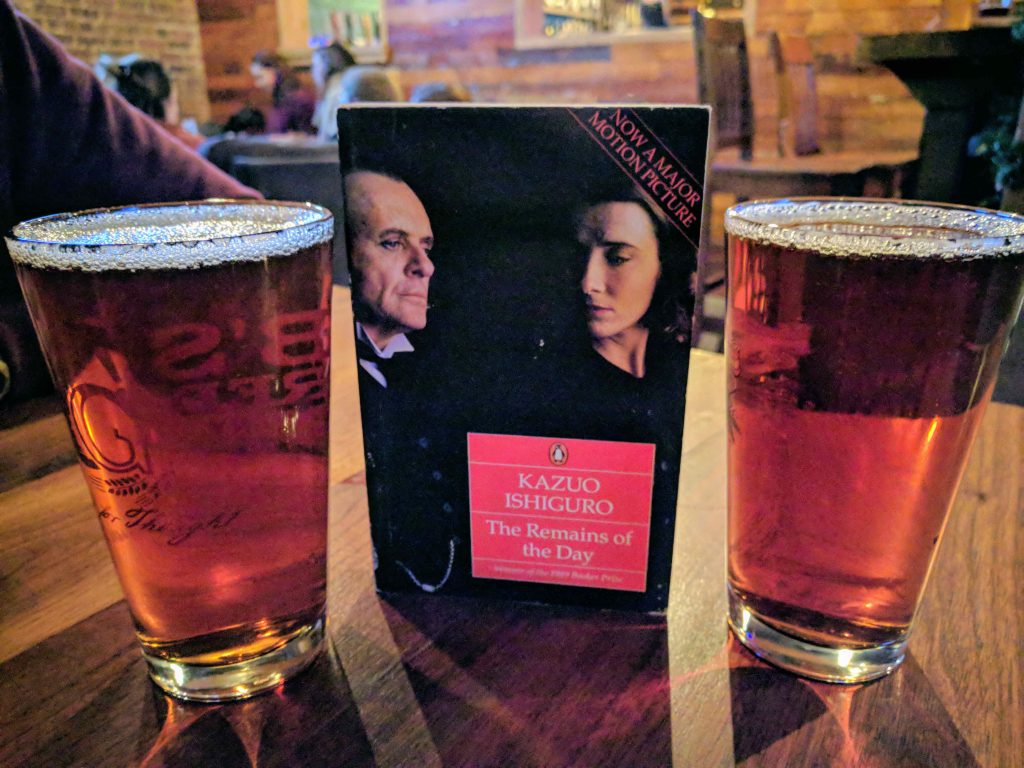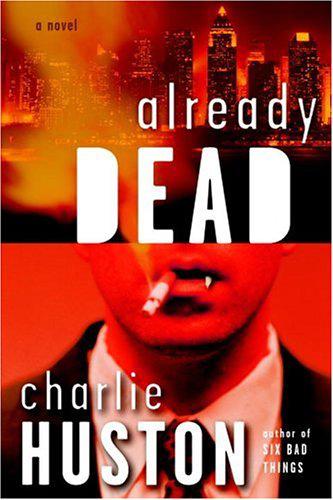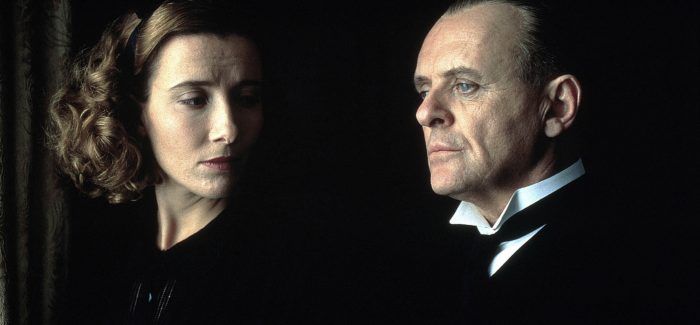Beer & Book Club | The Remains of the Day
Fear not, fellow PorchDrinkers, I have returned with my friend Ben for the next installment of Beer & Book Club. We’ll discuss Kazuo Ishiguro’s The Remains of the Day over a couple of pints of Old Speckled Hen, one of the most British beers you can get your hands on.
The Book
After Kazuo Ishiguro was announced as the 2017 recipient of the Nobel Prize in literature, I took it upon myself to become at least somewhat familiar with his work. Enter The Remains of the Day, Ishiguro’s 1989 Booker Prize winning novel and, according to some, his most famous book.
The Remains of the Day is told in the form of journal entries written by the protagonist Mr. Stevens, a butler to one of 20th century England’s noble homes. It takes place over the course of a week in 1956, but the events discussed in the journal entries span decades. Through his own personal lens, we learn about Mr. Stevens’ involvement, however indirect it may be, with British high society. We also learn about his relationship with his father, his thoughts on dignity and how it pertains to the role of a butler. Perhaps most poignant, we learn about his relationship (or lack thereof) with Miss Kenton, the head housekeeper. In fact, it is an unexpected letter from Miss Kenton that drives the story.
The prologue opens in the present where we learn the Darlington House, where Mr. Stevens is employed, was recently acquired by Mr. Farraday, an American who Mr. Stevens has the hardest time reading, owing to Mr. Farraday’s lack of formality. Quickly we learn Mr. Farraday is leaving for a business trip and has offered Mr. Stevens his car for the week he is gone. Mr. Stevens accepts the offer, and thus begins his trip to visit Miss Kenton, whose recent letter suggests she is unhappy with her post-Darlington House married life, or so he (implicitly) hopes. He drives through the English countryside reflecting on his life and his former professional relationship with Miss Kenton while interacting with the locals of various villages along the way. All of this paints a picture of Mr. Stevens as a duty-bound, emotionally distant man who’s unsure if he’s wasted his life or made the most of it.
The Beer
In keeping with the very British nature of The Remains of the Day, Ben and I chased down the Old Speckled Hen, the quintessentially British pale ale, at Carrboro’s Speakeasy. It pours a ruddy and clear copper color and smells of toffee, malt, and hops. The malt and hops carry over into the taste, but neither is overwhelming. The alcohol was mild too at 5% ABV, and the texture was medium-bodied and smooth. So smooth that we questioned for a moment if it was even carbonated. It finished dry with what I felt was an unpleasant aftertaste. All in all, it was okay, but neither of us felt very strongly about it.

Discussion—Slight Spoilers
While we lacked enthusiasm for the Old Speckled Hen, we had plenty to say about The Remains of the Day.
Ben pointed out how boring it sounds on the surface, a butler’s journal entries, but he also noted how below the surface there there was a lot of understated and unspoken humanity. “For example, the man clearly has daddy issues,” Ben said while reflecting on one of the more overtly emotional moments in the story during which Mr. Stevens’ father dies in the attic while Mr. Stevens himself is downstairs tending to a party. Seems cold and distant, right? He does come off that way much of time, but in this scene especially, we get a hard look at his humanity. In the middle of the party, Mr. Stevens unbeknownst to himself begins to cry, enough that some of the party guests remark on it, asking if he’s okay.
To an extent, Mr. Stevens has to be aware of his emotional shortcomings. I say so, because from the very beginning of the story, Mr. Stevens makes overt attempts to engage in “the exchange of witticisms” with his new employer, ostensibly for the sake of being a better butler. But covertly, or so I’m inclined to think, he’s trying to engage with a part of humanity that he lacks due to being so dedicated to his professional role. Regardless of his motivations, Ben and I agreed he’s terrible at it, in the funniest and most awkward ways possible.
Beyond Stevens, there are just a few main characters, namely Miss Kenton and Lord Darlington who are, respectively, the head housekeeper and former owner of the Darlington House.
Lord Darlington’s story is one of a bumbling aspirant to power. He wants so desperately to be important that he’s blind to the fact that he’s being manipulated by the German ambassador (keep in mind, this is happening in the years leading to WW2). One of the more interesting aspects of Lord Darlington’s arch is his gradual unraveling as a person of influence, to the point where he’s forced to give up his family home. What makes it relevant to Mr. Stevens’ character is the sheer amount of time Mr. Stevens spends reflecting on it. Was Lord Darlington worthy of the selfless dedication that Mr. Stevens showed over the decades? As Mr. Stevens, you hope so. As the reader, you doubt it.
Miss Kenton’s story, at least as it pertains to Mr. Stevens, is one of stolen glances and lost opportunity. It’s mostly Mr. Stevens’ fault though. No matter how many times Miss Kenton makes a move (a quiet, unassuming, thoroughly British move), Mr. Stevens’ is there to nip it in the bud for its lack of professionalism. However, as we learn from the prologue, Mr. Stevens has feelings for Miss Kenton, however repressed they may be. After all, the story is told while Mr. Stevens is on a cross-country road trip to see her. To see her and, hopefully, convince her to come back to work (with him) at the Darlington House.
What remains at the end of the day is an artfully crafted, occasionally hilarious, but more often heartbreaking story of a man who is so dedicated to his job that he misses out on the rest of life. In simple terms, Ben and I enjoyed it. So much so that we’ve both recommended it to others already. The Remains of the Day is a quick, easy, and profound read. So, it makes sense why it’s so well regarded.
The Film
Yes, there was a film, made in 1993 and it’s heartbreaking. Even more than the book, I suspect we witness it versus reading about it. Anyway, it’s a good movie. Anthony Hopkins as Mr. Stevens is splendid as I ever saw him, and Emma Thompson shines in her role as Miss Kenton. Definitely worth watching, and probably best to watch after reading for the extra details that film by its very nature cannot convey.
Next Time
Tune in next time for something a little more American: pulpy vampyre noir. We’ll be reading Charlie Huston’s detective horror novel, Already Dead. The only other vampire book I’ve read was Bram Stoker’s, so I look forward to seeing what Mr. Huston has to offer. See you then!

Feature image source: Columbia Pictures.








Submit a Comment